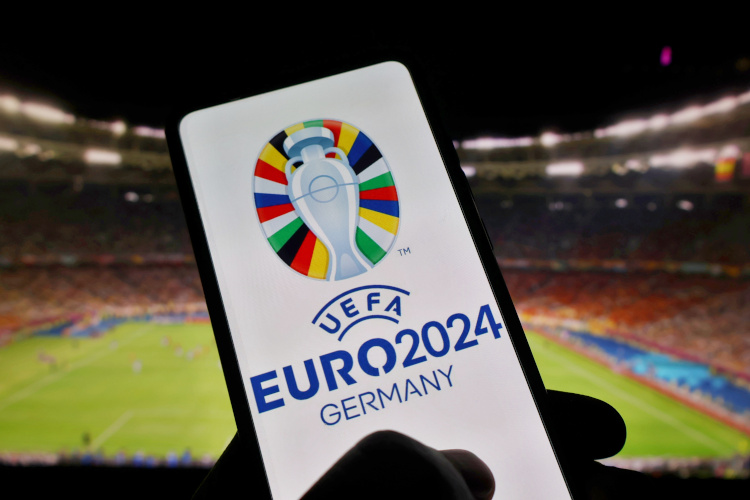England, often regarded as the birthplace of modern football, has a storied yet turbulent relationship with the UEFA European Championship (Euros). Despite their rich footballing heritage and passionate fan base, England’s journey in the Euros has been marked by moments of promise, underachievement, and occasional glory. This article explores the key milestones in England’s history at the Euros.
1. Early Struggles and Establishment (1960-1980)
England did not participate in the inaugural European Nations’ Cup in 1960, prioritizing other international competitions. Their first involvement came in the qualification rounds for the 1964 tournament, where they were eliminated by France. The early years saw England struggling to make a significant impact.
1968 European Championship: England’s first significant success came in the 1968 Euros. Managed by Sir Alf Ramsey, they reached the semi-finals but lost to Yugoslavia. They secured third place by defeating the Soviet Union, marking a respectable debut.
1972 and 1980 European Championships: England failed to qualify for the 1972 tournament. In 1980, they qualified for the finals in Italy but were eliminated in the group stage, despite a strong squad featuring players like Kevin Keegan and Trevor Brooking.
Key Moments:
- 1964: Failed to qualify.
- 1968: Reached semi-finals, finished third.
- 1980: Group stage exit.
2. A Period of Disappointment (1984-1996)
The 1980s and early 1990s were challenging for England, with inconsistent performances and qualification struggles.
1984 European Championship: England failed to qualify, losing out to Denmark in the qualifying rounds. This period was marked by underachievement and managerial changes.
1988 European Championship: England qualified for the finals in West Germany but endured a disastrous tournament, losing all three group matches. This performance led to criticism and a re-evaluation of the national team’s approach.
1992 European Championship: England’s performance improved slightly, but they still exited at the group stage, finishing behind Sweden and France.
Key Moments:
- 1984: Failed to qualify.
- 1988: Group stage exit, losing all matches.
- 1992: Group stage exit.
3. A Resurgence and Heartbreak (1996-2004)
The mid-1990s brought renewed hope and a notable high point for England in the Euros, as well as a series of near misses.
1996 European Championship: England hosted the tournament, leading to high expectations. Managed by Terry Venables and led by stars like Alan Shearer and Paul Gascoigne, England reached the semi-finals. The campaign included memorable moments such as a 4-1 victory over the Netherlands and a dramatic penalty shootout win against Spain. However, they lost to Germany in the semi-finals on penalties after Gareth Southgate’s crucial miss, in a repeat of their World Cup 1990 exit.
2000 European Championship: England, under Kevin Keegan, failed to progress past the group stage, with defeats to Portugal and Romania overshadowing their victory against Germany.
2004 European Championship: Under Sven-Göran Eriksson, a promising squad including Wayne Rooney, who emerged as a breakout star, reached the quarter-finals. However, they were eliminated by Portugal in a penalty shootout, continuing England’s penalty woes.
Key Moments:
- 1996: Reached semi-finals, eliminated by Germany.
- 2000: Group stage exit.
- 2004: Quarter-finals, eliminated by Portugal.
4. Transition and Challenges (2008-2016)
The late 2000s and early 2010s were marked by managerial changes and inconsistent performances, reflecting a period of transition for the national team.
2008 European Championship: England failed to qualify for the first time since 1984, losing out to Croatia and Russia in the qualification rounds. This led to the dismissal of manager Steve McClaren.
2012 European Championship: Under new manager Roy Hodgson, England reached the quarter-finals. Despite a solid group stage, they were eliminated by Italy on penalties, continuing their poor record in shootouts.
2016 European Championship: England had a disappointing campaign, being eliminated in the round of 16 by Iceland in one of the tournament’s biggest upsets. This defeat led to significant criticism and the resignation of Hodgson.
Key Moments:
- 2008: Failed to qualify.
- 2012: Quarter-finals, eliminated by Italy.
- 2016: Round of 16, eliminated by Iceland.
5. Revival and Near Glory (2020)
The most recent Euros marked a resurgence for England, with a young and dynamic squad under manager Gareth Southgate, offering hope and excitement to fans.
2020 European Championship: Played in 2021 due to the COVID-19 pandemic, England had a strong tournament. They reached the final, their best performance since 1968. Key victories included a dramatic win over Germany in the round of 16 and a semi-final victory over Denmark. In the final at Wembley, they were defeated by Italy in a penalty shootout, extending their unfortunate record in penalties but demonstrating significant progress and potential.
Key Moments:
- 2020: Reached the final, eliminated by Italy in a penalty shootout.
Conclusion
The history of England in the UEFA European Championship is one of fluctuating fortunes. From early struggles and periodic disappointments to moments of resurgence and near success, England’s journey in the Euros reflects their complex and passionate relationship with international football. Despite their challenges, recent performances indicate a promising future, with the potential for England to build on their progress and achieve long-awaited European success.
- The 2025 Ballon d’Or: A New Era of Football Greatness - October 3, 2025
- Ballon d’Or 2025: Meet the 30 Men’s Nominees - August 7, 2025
- World Cup Qualifiers Explained – How Each Continent Competes for a Spot at the World Cup - June 10, 2025



